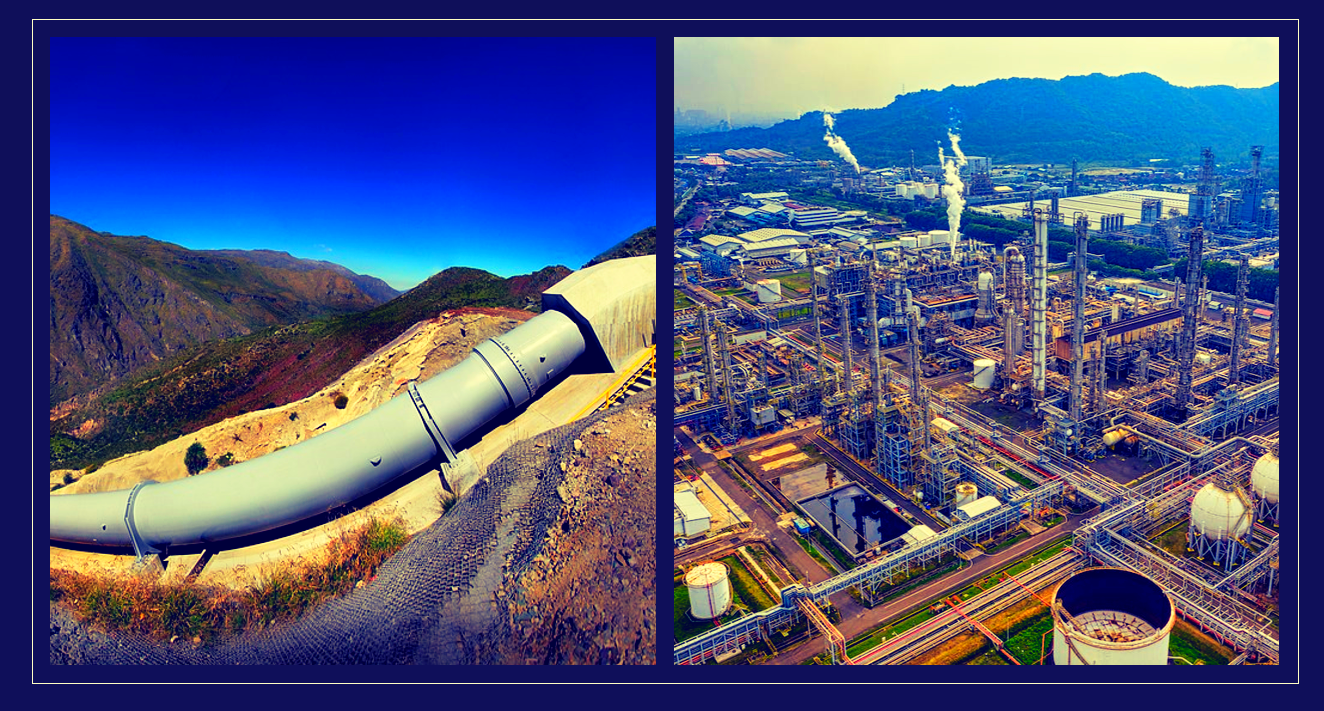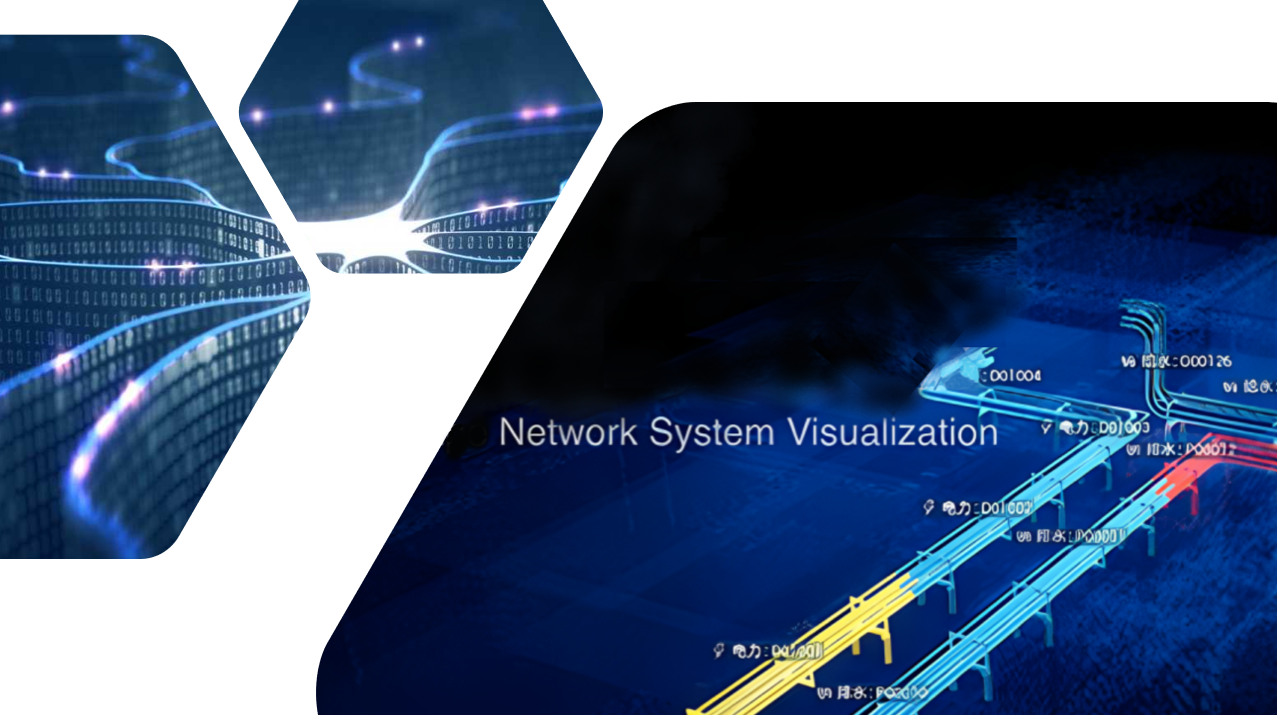April 15, 2023
Canada Looks to Boost its Oil Industry With The Expansion of Trans Mountain Pipeline
Canada Looks to Boost its Oil Industry With The Expansion of Trans Mountain Pipeline
The Canadian government is looking to invest heavily in a new trans mountain pipeline expansion which they hope will revitalize the oil industry across the country. The project is expected to cost around $22.9 billion and its transportation capacity is expected to be nearly double of what it was previously. The new expansion will have a maximum transportation capacity of 890,000 BPD. The project was initially proposed in 2013, however, due to various controversies and oppositions it was not able to meet its completion deadline scheduled in 2019. Because of these delays the price of construction also increased significantly from $4 billion to over $20 billion. Nonetheless, the Canadian government hopes that this new expansion will decrease their reliance on the US, as it it is expected to open new more lucrative opportunities in new markets. Pipeline companies are especially interested in entering markets in Asia and the trans mountain pipeline expansion is a massive step in making this a reality. Though the pipeline expansion has faced fierce opposition from other government entities and environmental activists the project is expected to begin operating in 2024. Learn more here.
April 30, 2023
Space Big Data And AI Combine to Create Advanced Pipeline Leak Management System
Space Big Data And AI Combine to Create Advanced Pipeline Leak Management System
Fukushima city in Japan will implement a cutting edge pipe leak management system that utilizes space big data and A.I. to identify specific areas that are at high risk of leaking in large water networks. The leak management system is expected to significantly reduce water system maintenance costs. This is the first case in japan where an advanced AI pipeline risk management system is implemented and it will likely serve as a basis to gauge if the technology can be applied in other cities across the country. This new technology was created by JAXA accredited space venture Tenchijin. The system is incredibly advanced; it utilizes various information sources including space Big Data, water pipe material data, and leakage history data. All of the data is fed into advanced A.I algorithms which are able to visualize the city's water network system and identify areas with the highest water leakage risks. The system has already been tested in an experiment by the Japan cabinet Office, which showed that the pipe leak risk management system was able to reduce inspection costs by 65% and investigation time by 85%. The system couldn't have come at a better time , considering that about 17% of Japan's water pipelines have surpassed their durability age and that economic stagnation and the country's declining population make the inspection of pipeline systems much more difficult. Learn more here.


